By Diepreye Krukrubo
While it’s true that sentiments towards the West and Democracy seem to be quite low at the moment, the coup plotters of Niger, and the vast majority of the West African people who support the coup in Niger, do not do so due to defiance against “democracy”. I would argue that some of us do so precisely because we yearn for democracy.
Over decades since the fall of the Soviet Union, many West African governments have evolved from military juntas to civilian rule through the ballot. Yet here’s where I want to make a distinction – civilian rule doesn’t necessarily equate to democracy (with a small ‘d’).
In democratic governments, for example, we expect leaders who genuinely represent their people and are elected through transparent processes. These leaders are usually sensitive to their citizens’ needs and are held accountable accordingly. Unfortunately, though, in most parts of West Africa today, neither expectation holds true. The illusion of democracy persists despite lacking these crucial elements. In reality, genuine representation or accountability is often absent among those who claim power in these nations.
In truth, it has become customary across numerous states in West Africa for leaders to ascend to power through violence or corruption rather than through free or fair elections. Exacerbating this dire situation further is how every institution intended as safeguards—ranging from judiciaries to security services—has been hijacked by a narrow political elite seeking personal gains at the expense of their people’s future. This systemic failure creates a veil shrouding any semblance of true democracy in our region.
Beneath this shroud of an illusion masking any semblance of true democracy lies an incredibly grim reality for most West Africans that mere statistics fail to capture in its full extent. The level of unemployment is staggering, leaving countless individuals struggling day after day with no viable means to improve their lives or provide for their families. Moreover, basic amenities that many take for granted, such as clean water and functional hospitals, remain luxuries often unattainable in this region.
Unrelenting police and criminal brutality cast another dark shadow over everyday life in West Africa. Innocent civilians suffer at the hands of those who terrorize them and those who should protect them, creating an atmosphere plagued by fear and mistrust within communities already burdened by systemic injustices. Meanwhile, in spite of the high cost for most parents, many schools in West Africa are failing due to neglect, and so resort to perpetuating an incredibly cruel system where grades become commodities either traded for cash, or under even more degrading circumstances, including forcing female students into unimaginably desperate situations just for a letter grade.
These and many more inhumane living conditions of the average West African serve as vivid daily reminders of how hollow their claims to democracy, civil rights, or even human rights truly are.
It is no wonder then why anti-democratic rhetoric can be heard in these regions when asked to reinstate the poster child of these failures in Niger; it arises from sheer frustration towards governments in the West who ignore their plight while endorsing corrupt civilian leaders and the non-democratic means with which they continue to emerge.
It is also important not to erroneously assume that China or Russia represent viable alternatives amid this distressing situation. When African leaders show preference towards these nations, it is solely because they entice them with business opportunities rather than questioning issues of accountability or human rights violations within those respective countries.
To truly address these pressing matters faced by West Africans requires acknowledging both the illusion and harsh truth surrounding democracy in this region—often misunderstood or overshadowed by external narratives centered around increasingly ideological and geopolitical rivalries and a cold war between the US and the West on one hand, and BRICS states led by China on the other.
Most Africans yearn for their right to elect leaders who genuinely represent their interests. However, what they often see are civilian leaders who were not chosen by them but rather manipulated into positions of power against their will. This unfortunate circumstance has been perpetuated further by Western states insisting on reinstating ousted corrupt civilian leaders – inadvertently legitimizing their actions and indirectly supporting the suffering endured by ordinary people.
Support the New Americans magazine to continue to serve our community with precise news that affect the new American, immigrant and refugee community. https://paypal.com/donate/?hosted_button_id=8LHFS78NRNJJY&source=url
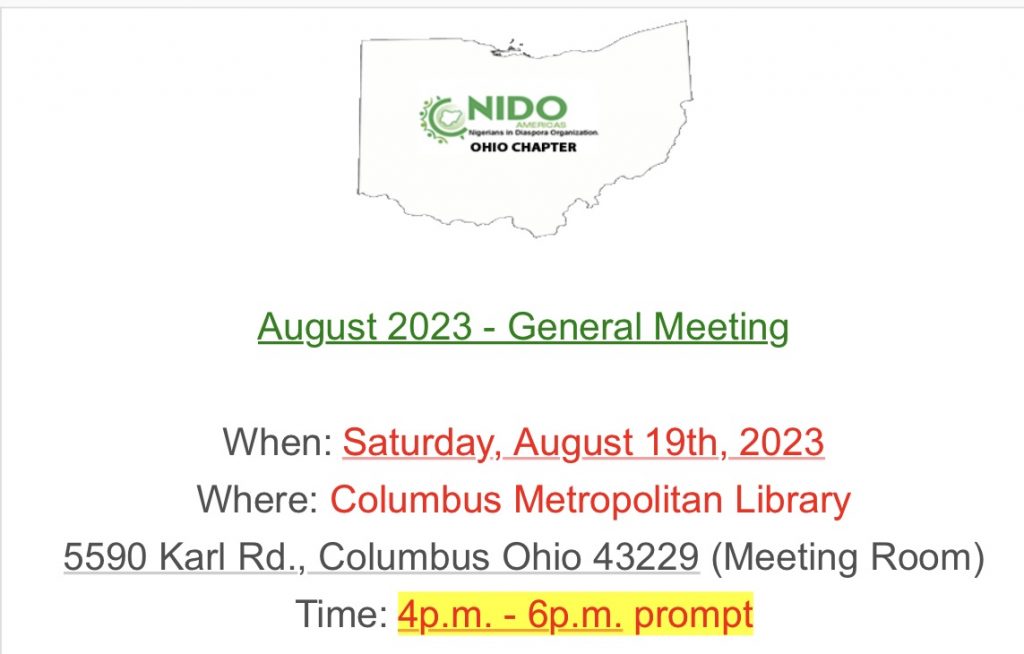







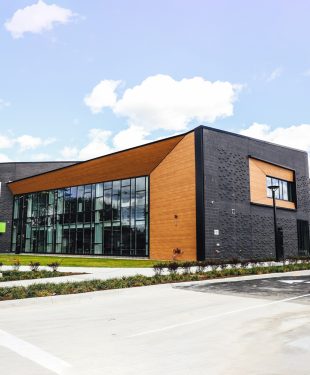
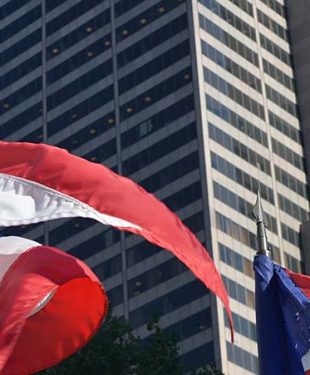


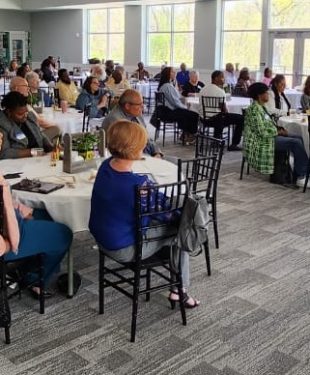




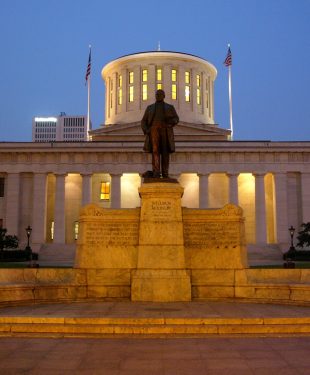









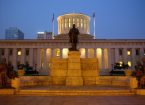




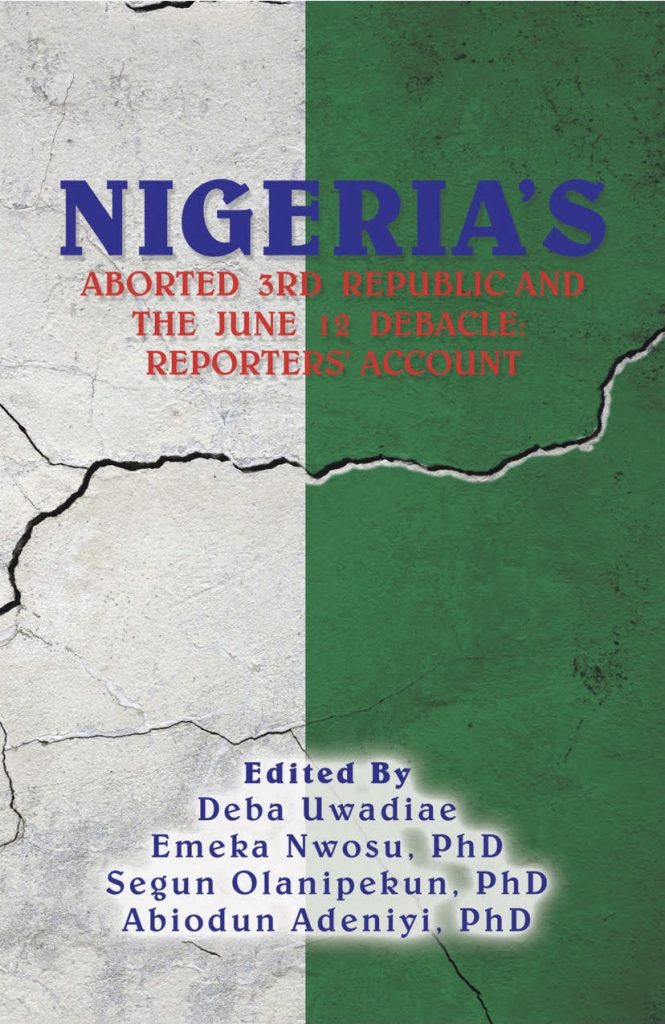


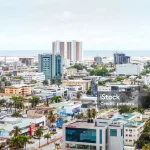


Leave a Reply
You must be logged in to post a comment.